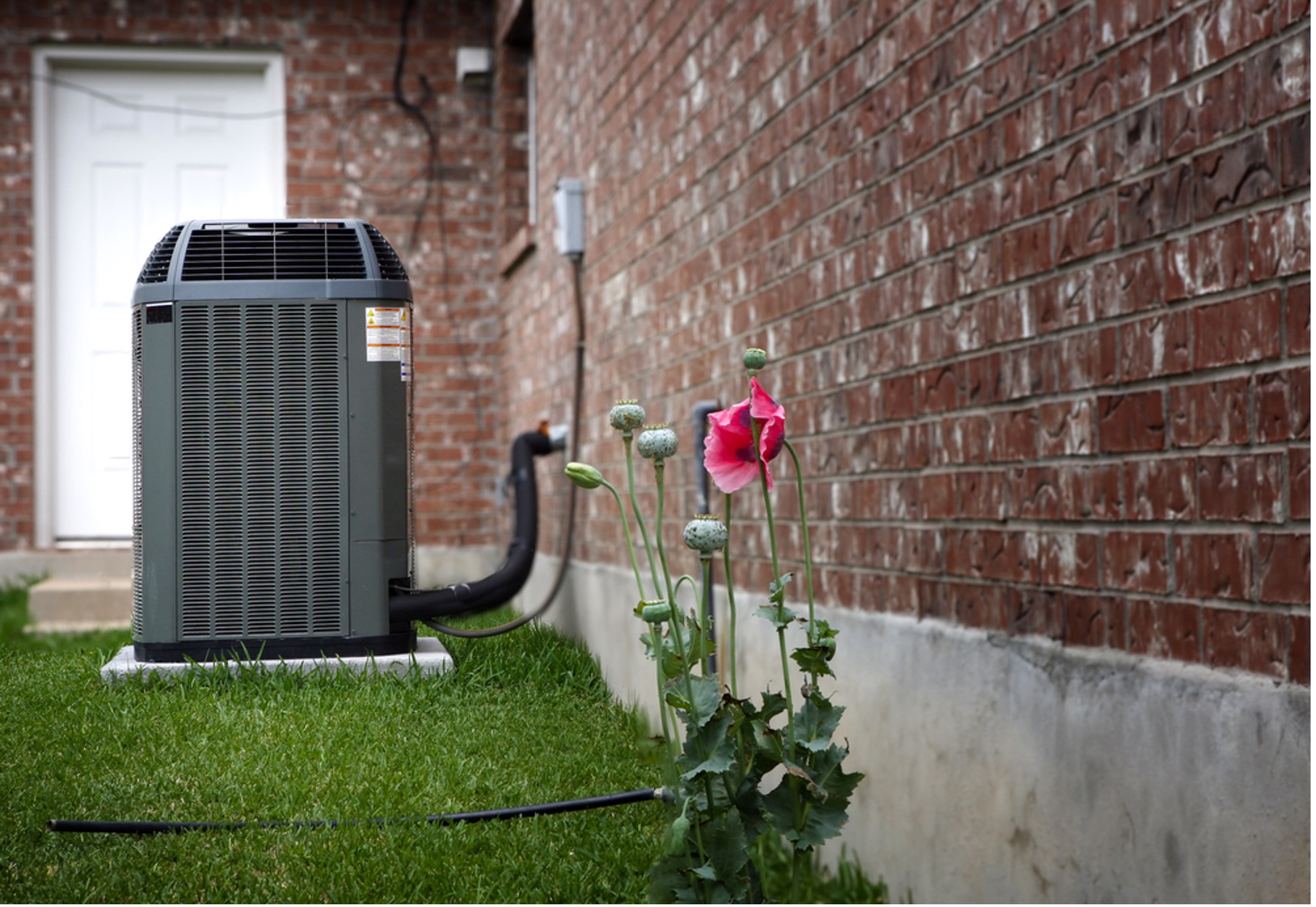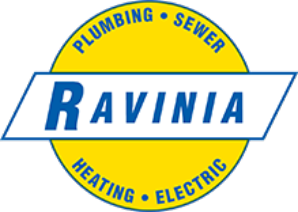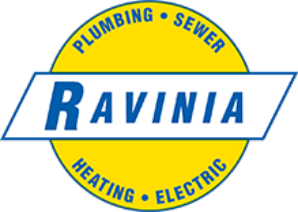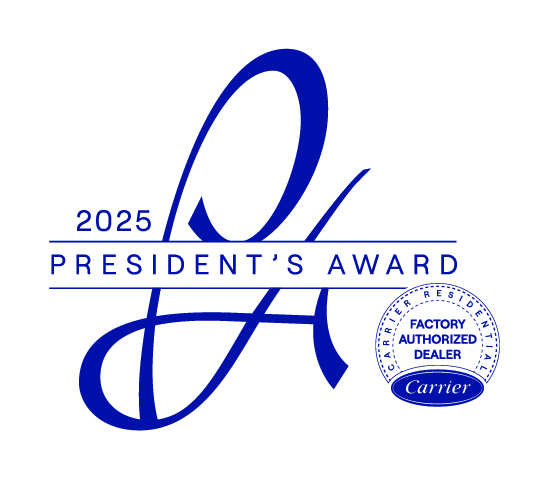
Many of us have experienced that unsettling moment when the serene hum of our air conditioner transforms into an unexpected symphony of clanks, rattles, bangs, and squealing noise. While air conditioners are designed to keep us cool and comfortable, they sometimes make excessive noise that is anything but soothing.
A noisy air conditioner can really disrupt your comfort – not only can the noise interrupt your peace, but those sounds can indicate system issues that mean your unit might be on the verge of a breakdown. Ravinia Plumbing, Sewer, Heating & Electric explains why your air conditioner is making new and sudden noises, as well as what you can do to put an end to them.
Normal Volume and Noises from Your Air Conditioner
Typically, when functioning correctly, an air conditioner emits a low-level hum or gentle whooshing noise as it circulates air through the system. You may also notice a clicking noise from the thermostat starting the cooling cycle, the fan motor and compressor starting in the outdoor condenser unit, as well as the indoor blower fan kicking on about 30 seconds later to circulate cold air through your ducts. These sounds are generally consistent and shouldn’t cause concern.
Common Air Conditioning Issues Causing Loud Noises
When your air conditioner starts producing loud and disruptive noises, several factors could be at play. Any new or weird noises require investigation. Let’s explore some of the common culprits:
- Loose or Misaligned Parts: Loose parts such as fan blades, motor mounts, or ductwork can lead to a rattling noise, banging noise, or clanking noise when the HVAC system is in operation.
- Worn-Out Bearings: When the bearings in the fan motor become worn or damaged, they produce a loud, grinding noise as the fan struggles to turn.
- Refrigerant Leaks: Refrigerant plays a crucial role in the cooling process within an air conditioner. A refrigerant leak causes a hissing noise or bubbling sounds as the refrigerant escapes the copper lines under pressure.
- High Internal Pressure: Excessive internal pressure within the air conditioning system can result from factors such as refrigerant overcharge, restricted airflow, or malfunctioning components. This pressure buildup can lead to a loud hissing noise or bubbling sound.
- Compressor Issues: Any malfunction within the compressor, such as a failing motor or worn-out components, can lead to loud clanking or banging noises.
- Failing Capacitor: A failing capacitor in the air conditioning unit often makes a clicking noise as it starts and may emit a buzzing sound or humming noise.
- Dirty or Clogged Components: Accumulated dirt, dust, or debris within the air conditioner can obstruct airflow and strain the system’s components, causing whistling, wheezing, or clicking noises.
- Electrical Problems: Faulty wiring or electrical components within the air conditioner can cause constant buzzing noise, humming noises, or crackling noises.
- Fan Belt Issues: Worn or damaged fan belts for the condenser fan or blower fan can produce a high-pitched squealing noise or a screeching sound as they slip or rub against components.
Addressing a Noisy Air Conditioner
Here are some troubleshooting steps you can take to fix minor noise issues with your AC unit.
Check Air Filters
Dirty filters can obstruct airflow, leading to unusual noises. Clean or replace filters according to manufacturer recommendations. Also, make sure you’re using the right filter size and that the filter is properly inserted into the filter compartment. If the filter is installed incorrectly, this may lead to some rattling noises as air flows through the air conditioning system.
Inspect Vents and Registers
Blocked airflow can cause whistling or wheezing noises as air moves through the vents. Clear any obstructions to promote proper airflow. If you have louvered vent covers, make sure the louvers are fully opened; when these louvers are slightly closed, you may notice some noise as air forces its way through the vent.
Tighten Loose Components
Ensure that the access panel to the blower fan is properly aligned and securely fastened to prevent vibration and rattling noise. Adjust or tighten the panel as necessary to restore proper alignment.
When to Schedule Professional Repairs
If the noise persists or worsens, turn off the air conditioner to prevent further damage. Continuing to run a malfunctioning unit can exacerbate problems and lead to costly repairs.
If troubleshooting steps do not resolve the issue, contact a qualified HVAC technician for a thorough inspection and air conditioner repairs. Professional technicians have the expertise and tools to identify and address underlying issues safely and effectively. For complex issues such as a compressor replacement or refrigerant leaks, attempting DIY air conditioner repairs can be dangerous and may void warranties.
Pay attention to the type and location of the noise. Grinding, buzzing, or hissing noises may indicate specific issues. Keep a record of when the noise occurs, its frequency, and any other relevant details. This information can help the technician diagnose the problem more accurately and expedite repairs.
Also, scheduling regular maintenance is essential for keeping your air conditioner in top condition. During a simple tune-up, technicians service various components, preventing the occurrence of many unusual noises. We also identify and address potential issues before they escalate into noisy disruptions.
End Air Conditioner Noises with Ravinia Plumbing
While a certain level of noise is to be expected from air conditioners, loud and disruptive sounds can indicate underlying issues that require attention. Don’t let loud noises disrupt your comfort—take action to keep your air conditioner running smoothly and quietly by contacting Ravinia Plumbing for air conditioning repair service.




